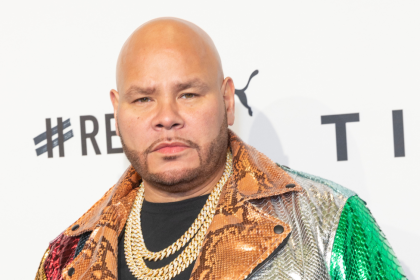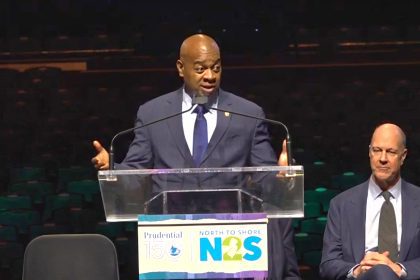The promise to eliminate birthright citizenship has emerged as President-elect Donald Trump’s contentious campaign pledge, raising serious concerns about the future of American civil rights and the preservation of constitutional protections that many families have relied upon for generations.
The historical weight of the 14th Amendment
The 14th Amendment stands as one of the most significant civil rights achievements in American history, emerging from a period when the nation struggled to deliver on its promise of equality. Ratified in 1868, this amendment guaranteed citizenship to all persons born on U.S. soil, including formerly enslaved people and their descendants. This constitutional protection has served as a cornerstone of civil rights progress, ensuring that the birthright of American citizenship cannot be denied based on a parent’s status or origin.
Understanding what’s at stake
The current political climate has brought renewed attention to birthright citizenship, with some political figures proposing dramatic changes to this fundamental right. These proposals seek to restrict automatic citizenship to children born to U.S. citizens or lawful permanent residents only, potentially creating barriers that would disproportionately affect communities that have historically faced discrimination in immigration and citizenship matters.
The suggested changes would represent a significant departure from over 150 years of constitutional interpretation and civil rights progress. The landmark case of United States v. Wong Kim Ark (1898) affirmed that children born on American soil, regardless of their parents’ status, are entitled to citizenship. This precedent has protected countless families and ensured that children born in America have access to the full rights and responsibilities of citizenship.
The real impact on American communities
The proposed elimination of birthright citizenship would have far-reaching consequences for American society. According to November 2024 data from the Migration Policy Institute, more than 5.5 million children under 18 currently live in mixed-status families, with the majority being U.S. citizens. These young Americans — many of whom are already contributing to their communities through education, work and civic engagement — could face unprecedented challenges to their status and belonging.
The potential policy shift threatens to create a permanent underclass of residents who — despite being born and raised in the United States — would be denied the fundamental rights of citizenship. This situation mirrors historical injustices that many communities fought hard to overcome, potentially undermining decades of progress toward equality and inclusion.
Legal and constitutional hurdles
While some politicians suggest they could change birthright citizenship through executive action, constitutional scholars emphasize that such attempts would face significant legal challenges. The 14th Amendment’s citizenship clause is explicitly written into the Constitution, making it particularly resistant to modification through executive orders or standard legislation.
Any attempt to reinterpret or circumvent this constitutional protection would likely trigger immediate legal challenges, leading to prolonged court battles that could ultimately reach the Supreme Court. The judicial system would need to weigh centuries of precedent against new interpretations of the Constitution’s original intent.
Looking forward: Community impact and resistance
The attempt to end birthright citizenship represents more than a policy dispute; it challenges fundamental principles of American identity and belonging. Communities across the nation — particularly those with deep historical connections to civil rights struggles — recognize the gravity of this moment and its potential to affect future generations.
Advocacy organizations and legal experts are preparing to defend this constitutional right, drawing parallels between current challenges and past civil rights battles. They emphasize that protecting birthright citizenship is crucial for maintaining the progress achieved through decades of struggle for equality and justice.
The debate over birthright citizenship touches on essential questions about American identity, civil rights and the future of our democratic society. As this issue continues to evolve, communities must remain vigilant in protecting constitutional rights that have been fundamental to advancing equality and opportunity for all Americans.
The potential elimination of birthright citizenship would not only affect current families but could fundamentally alter the American promise of equal opportunity for future generations. This makes it crucial for communities to understand the stakes involved and engage in the ongoing national conversation about citizenship, belonging and civil rights in America.
As the nation grapples with these challenges, the defense of birthright citizenship emerges as a critical civil rights issue for our time. The outcome of this debate will significantly influence whether America continues to move forward in its journey toward greater equality or risks rolling back essential protections that have helped shape a more inclusive society.















